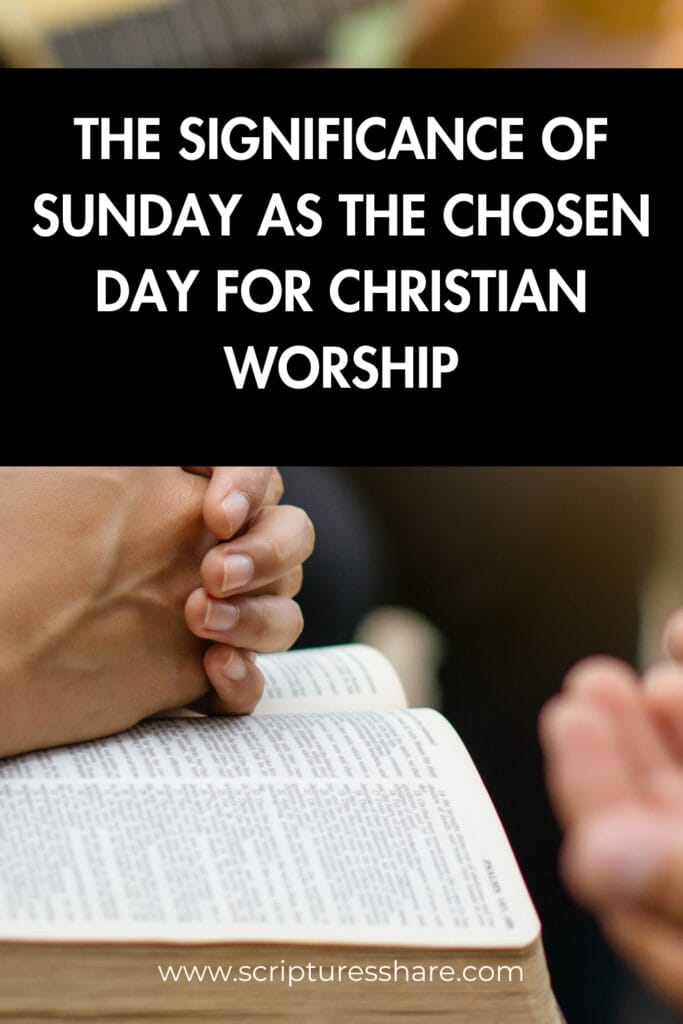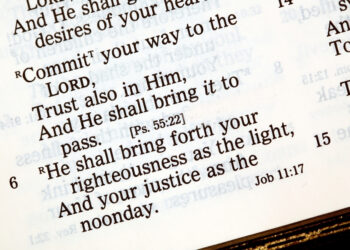No products in the cart.
The Significance of Sunday as the Chosen Day for Christian Worship
This post contains paid and/or affiliate links. I make a small commission at no extra cost to you. Please see our Privacy Policy.
Sunday is a special day for Christians Worship worldwide. It’s known as the Lord’s Day. On this day, people come together to worship, celebrate Jesus’ resurrection, and strengthen their community ties.
This tradition has deep roots in history, theology, scripture, and culture. It has shaped Christian worship from the Church’s early days to now.
The Historical Roots of Sunday Worship in Christianity
The early Church started worshiping on Sunday after Jesus’ resurrection. The Jewish Sabbath was on Saturday, but Jesus rose on Sunday. This marked a key moment for Christians.
The disciples met on Sunday, setting a pattern for early believers. This pattern grew and spread among them.
The shift to Sunday worship wasn’t quick. Early writings, like those by Justin Martyr and Tertullian, show the change. They describe Sunday as a day for prayer, reading Scripture, and celebrating the Eucharist.
📖 Bible Reference:
“On the first day of the week we came together to break bread.” — Acts 20:7 (NIV)
Early Christians, influenced by both Jewish customs and the transformative event of the resurrection, saw Sunday as a symbol of new creation and eternal hope.
📖 Message:
Sunday became a weekly celebration of the resurrection—a day of joy, worship, and remembrance.

Theological Reasons Behind the Shift to Sunday
The resurrection of Jesus is central to Christianity. It’s celebrated on Sunday, showing Christ’s victory over sin and death. This event brings joy, hope, and renewal.
Some early Christians saw Sunday as the “eighth day.” This meant a new spiritual era had begun. It was a day beyond the seven-day cycle, representing eternity and new life in Christ.
The Holy Spirit’s outpouring on Pentecost, also on a Sunday, made the day even more special. It marked the Church’s birth and emphasized Sunday as a day of divine encounter and communal worship.
📖 Bible Reference:
“He is not here; he has risen, just as he said.” — Matthew 28:6 (NIV)
The resurrection signified a new beginning. Early Christians linked Sunday with the first day of creation and the new life in Christ, symbolizing a spiritual renewal.
📖 Bible Message:
Sunday celebrates Christ’s victory over sin and death, making it a sacred time for renewal and unity in faith.
Cultural and Societal Influences on Sunday Worship
Culture and society also shaped Sunday worship. In the Roman Empire, Sunday was seen as the first day of the week, linked to sun worship.
Some think this might have caused tension, but others believe Christians chose Sunday to align with a day already recognized culturally. This helped reduce persecution and increase acceptance.
When Christianity became the state religion under Emperor Constantine in the 4th century, Sunday was officially recognized as a day of rest and worship.
This legal backing solidified its role as the main day for Christian gatherings across the empire.
Switching from Saturday to Sunday also helped Christianity stand out from Judaism. It showed the new faith’s distinct identity while keeping its Jewish roots.
📖 Bible Insight:
“Do not conform to the pattern of this world, but be transformed by the renewing of your mind.” — Romans 12:2 (NIV)
Sunday worship helped Christians distance themselves from pagan practices while aligning with cultural rhythms for practical purposes.
Scriptural Support for Sunday Worship
The New Testament doesn’t directly say to worship on Sunday. But it shows early Christians gathering on this day:
- Acts 20:7: “On the first day of the week we came together to break bread…” This passage shows early believers meeting on Sunday for fellowship and teaching.
- 1 Corinthians 16:2: Paul tells the Corinthians to set aside offerings on the first day of the week, showing Sunday gatherings.
- Revelation 1:10: John mentions being “in the Spirit on the Lord’s Day,” which is often seen as Sunday.
All four Gospels say Jesus rose from the dead on the first day of the week. This makes Sunday very important in Christian worship and identity.
The Enduring Importance of Sunday Worship
Sunday worship is more than just tradition. It’s a weekly celebration of Jesus’ resurrection. It gives believers a chance to:
- Rejoice in Jesus’ victory over sin and death
- Think about God’s promises and the new life He offers
- Join together to worship, pray, and share in the Lord’s Supper
- Take a break and focus their hearts on God
The Bible doesn’t say we must worship on a specific day. Yet, the tradition of Sunday gatherings has shaped Christian identity and rhythm. It’s rooted in Scripture and the early Church’s practices.
Apostolic and Scriptural Support
The writings of the apostles supported gathering on Sundays. Paul instructed believers to come together on the first day of the week to worship and give offerings.
📖 Bible References:
“On the first day of every week, each one of you should set aside a sum of money…” — 1 Corinthians 16:2 (NIV)
“I was in the Spirit on the Lord’s Day.” — Revelation 1:10 (ESV)
📖 Bible Message:
Sunday was more than a tradition; it was a communal and spiritual practice anchored in apostolic guidance.
Sunday: A Day of Worship, Rest, and Renewal
Sunday is a time to pause, worship, and reflect on the promises of God. It’s a time to grow in faith, encourage one another, and celebrate salvation.
📖 Encouraging Verses for Sunday Worship:
“This is the day the Lord has made; let us rejoice and be glad in it.” — Psalm 118:24
“Let us not give up meeting together… but encourage one another.” — Hebrews 10:25
📖 Message:
Sunday is not just about tradition; it’s a lifeline of hope, fellowship, and spiritual renewal.
Conclusion: The Eternal Significance of Sunday
The establishment of Sunday worship is a beautiful blend of history, theology, and Scripture. It stands as a living testimony of Jesus’ resurrection and the unity of the Church.
Whether in cathedrals or small homes, Christians continue to gather every Sunday, echoing the voices of the early Church and looking forward to the eternal Sabbath in Christ.
“Come to me, all you who are weary and burdened, and I will give you rest.” — Matthew 11:28















